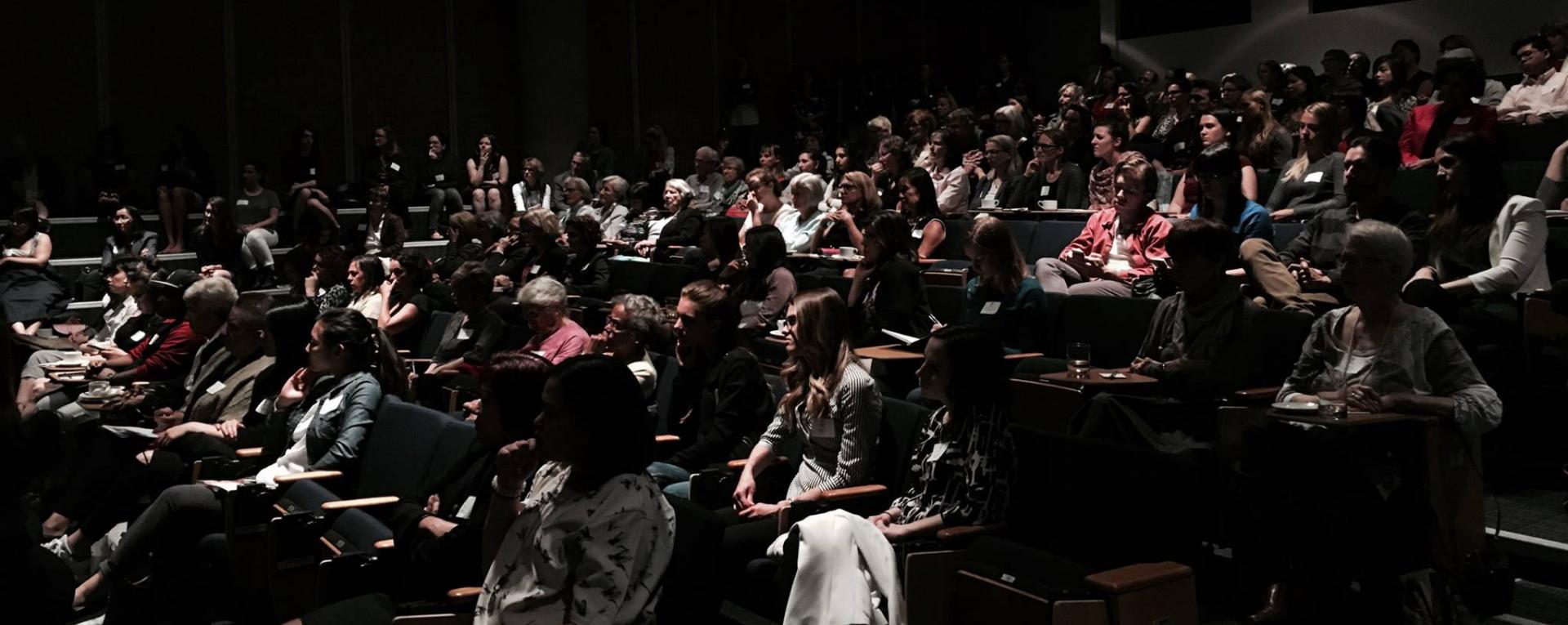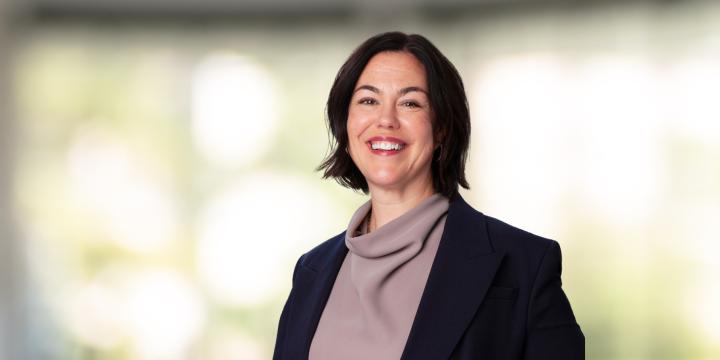
This year, our Annual General Meeting (AGM) was billed as an event that would explore the fallout from Jian Ghomeshi’s sexual assault trial. The discussion would examine how the legal, policing and community systems can change to better support survivors.
The AGM lived up to this promise and offered a rich dialogue that went beyond Ghomeshi’s acquittal and whether or not it was fair.
The panelists were Lisa Rupert, YWCA Director of Housing Services and Violence Prevention; Janine Benedet, Professor of Law and Co-Director of the Centre for Feminist Legal Studies at UBC; and Lorimer Shenher, writer and former Vancouver Police detective who worked on the Missing and Murdered Women Investigation.
For more than 20 years, Lisa has stood beside women and supported them through her work in housing and violence prevention. In her career, she has only seen three cases where sexual assault was adequately addressed by the justice system. In her perspective, the victim is treated as the least important person in the legal process, when the opposite should be true. Janine agreed that women who experience sexual violence are judged on the stories they tell.
The "perfect victim"
A powerful thread of the discussion focused on the expectation of the “perfect victim.”
As Janine explained, the legal system is rife with myths and stereotypes about sexual assault. For instance, trials are based on the premise that the victim would have a vivid memory of every detail of the assault, despite experiencing trauma.
I can’t remember what I had for breakfast yesterday, but if I came forward to report sexual assault, I would be discredited if I couldn’t recite the event with precision. And chances are, a line of questioning from police would include: “What were you wearing?” and “How much did you drink?” This places the onus on the woman to have protected herself instead of on the offender to not abuse.
There’s also the myth of the jilted ex-girlfriend who is spiteful and hungry for revenge. This myth can easily be debunked by Lorimer’s 22 years in policing. He noted that it’s highly unlikely that someone would want to make it all up. Coming forward to the police about a sexual assault is a challenging process that can be retraumatizing.
How should we combat this prejudice and create equality for women who break their silence?
Lorimer stressed the importance of more education about sexual assault. He also advocated for more women in policing. Through more representation, change can be created.
Lisa called for a more collaborative approach to provide holistic support for victims. She pointed to Belgium’s model where victims have a right to representation by a lawyer, pro bono, and access to all evidence.
Janine closed by saying laws need to demand that women are believed. And ultimately, we must challenge the myth of the perfect victim. She doesn’t exist and she never did.
For more information and resources, please visit ywcavan.org/believeher. At the event, our CEO, Janet Austin, recommended three books for further reading. They are:
That Lonely Section of Hell, by Lori Shenher
One Hour in Paris, by Karyn L. Freedman
Missoula, by Jon Krakauer

